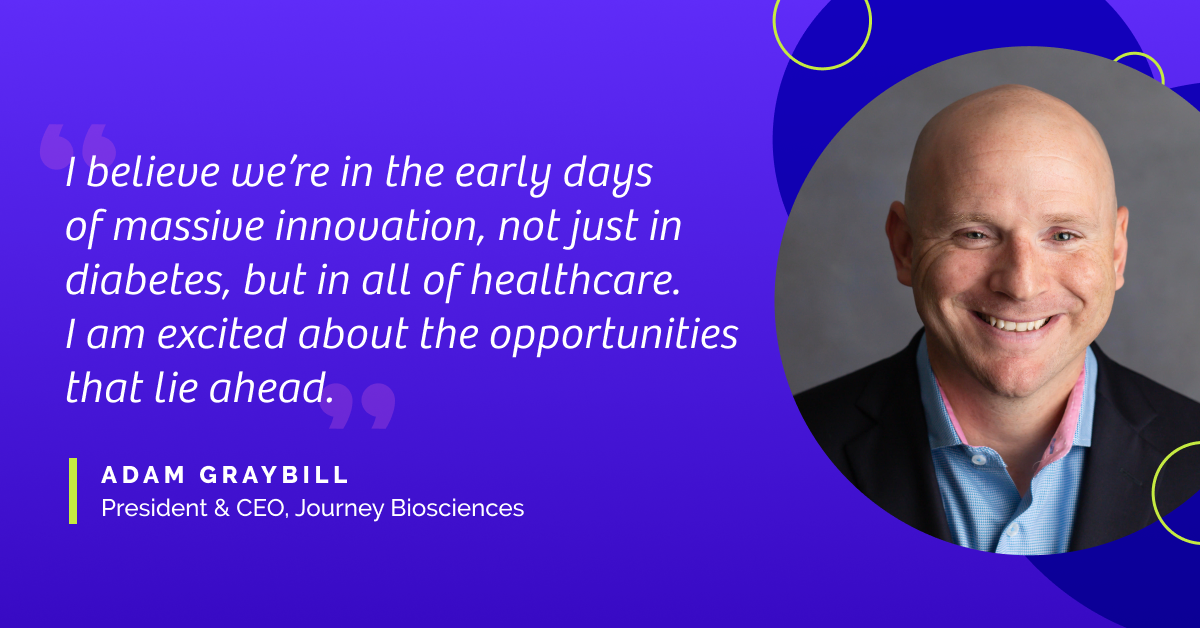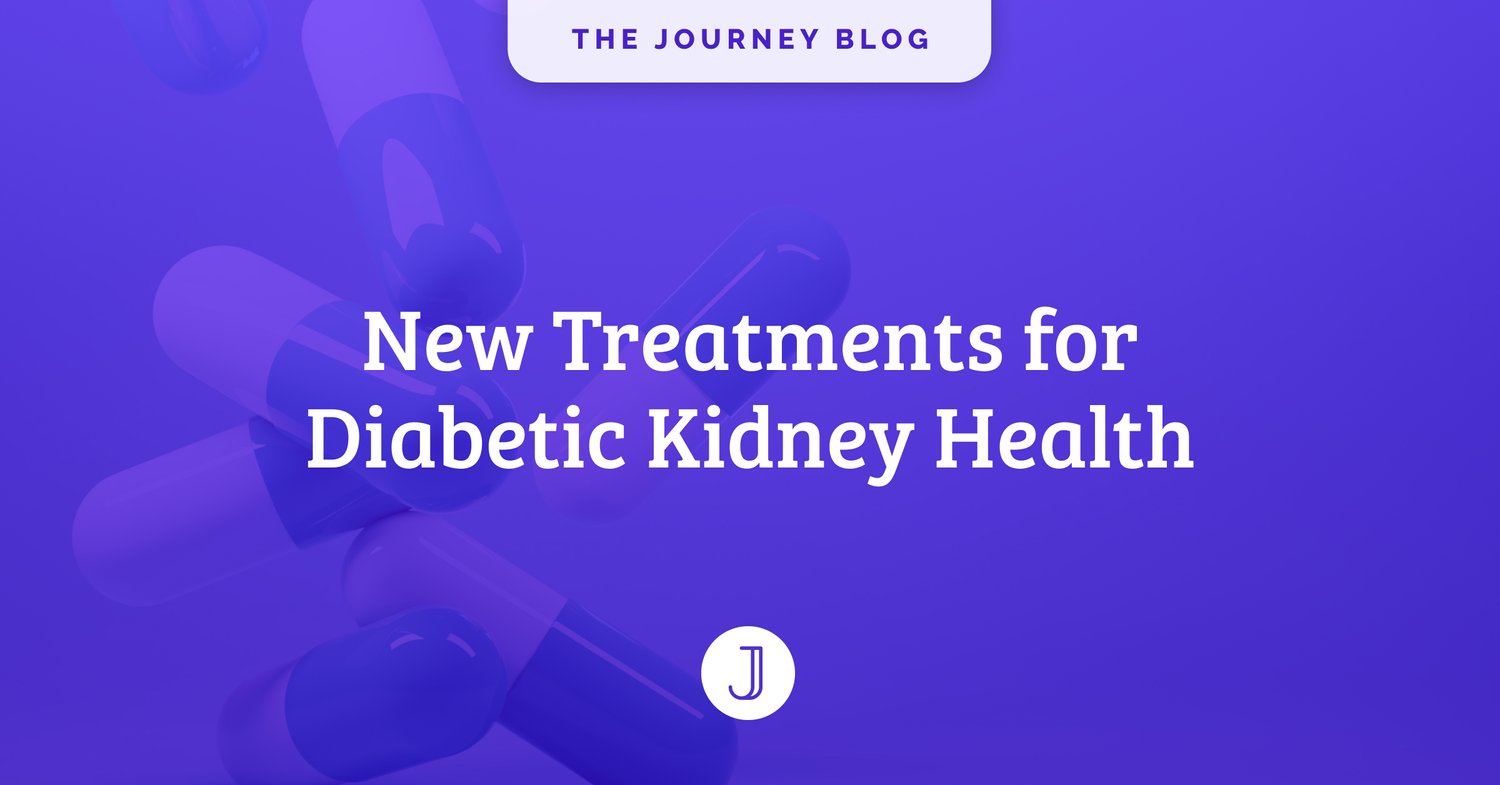Kidney Health Month News Roundup
As we near the end of National Kidney Month 2022, it's time to pause and look back at some recent uplifting news stories and events related to kidney health.
Source: NIH - NIDDK
“Building paths to better kidney health”
The theme for this year’s National Kidney Month is hopeful and forward looking. “Building paths to better kidney health” calls on people to look beyond the one-size-fits-all approach to kidney care. New treatments and scientific findings targeted to disease type, environment, and lifestyle embody and encourage more personalized and inclusive approaches to kidney health. Along the way individuals continue to be encouraged to actively seek and live lifestyles that support kidney health.
Positive Progress in Kidney Treatments Reported
A combination of new drug approvals and positive study results filled our kidney health feeds with new possibilities.
Finerenone Approved by FDA – New Drug Fights Chronic Kidney Disease Associated with Type 2 Diabetes — diaTribe
Finerenone, under the brand name Kerendia, received approval for use in both the US and EU to slow the progressions of chronic kidney disease (CKD) in people with type 2 diabetes. A non-steroidal mineralocorticoid receptor antagonist (MRA), Kerendia “is indicated to reduce the risk of eGFR decline, kidney failure, cardiovascular death, non-fatal heart attacks, and hospitalization for heart failure.”
This cohort study “revealed that the use of GLP-1 receptor agonists was associated with lower all-cause mortality and lower sepsis- and infection-related mortality than was [the] use of DPP-4 inhibitors” when used by people with type 2 diabetes. As a result, the potential benefits for this treatment course are documented for people with type 2 diabetes experiencing advanced-stage chronic kidney disease or end-stage kidney disease.
Jardiance® phase III EMPA-KIDNEY trial will stop early due to clear positive efficacy in people with chronic kidney disease - Boehringer Ingelheim and Eli Lilly and Company
Interim results from phase III of the EMPA-KIDNEY clinical trial show that the use of empagliflozin, brand name Jardiance, slows kidney disease progression in people with chronic kidney disease. As a result, this phase of the study came to a stop earlier than scheduled. Full clinical results are expected to be reported at an upcoming medical congress.
Calls for Addressing Disparities in Kidney Health
Kevin Longino, CEO of NKF and a kidney transplant recipient, summed up the situation starkly by saying, “In other words, your zip code can be a bigger factor than your genetic code in developing kidney disease." Addressing healthcare disparities is getting a spotlight, along with new drugs and treatments, when discussing how to combat chronic kidney disease.
KF Highlights Disparities During National Kidney Month - National Kidney Foundation
Recognizing that healthcare disparities block early detection and treatment, ultimately leading to worse outcomes for people of color, the National Kidney Foundation issued “an urgent call to action for all people, especially people in communities of color, to take a minute for their kidneys, know their risk factors and find out ‘Are You the 33%?’” living with kidney disease.
Raising awareness among the communities affected is an important starting place for improving overall kidney health.
NIH-supported study suggests alternative to race-based kidney function calculations - NIH
Announced in September 2021, the NIH acknowledges that “researchers propose changing a key measure in kidney disease diagnosis and treatment to eliminate the use of race as a variable, providing a non-biased kidney function test that does not compromise accuracy.”
“The study suggests use of a blood lab test called cystatin C, which does not vary by a person’s race, to replace the current lab test called creatinine, which does.” By removing race as a factor in the kidney health screening tool used, a key barrier that often leads to later diagnosis for people of color also is removed.
Serious complications from youth-onset type 2 diabetes arise by young adulthood - NIH
Characterized as both more aggressive and difficult to manage, youth-onset type 2 diabetes needs to be seen as distinct from adult-onset type 2 diabetes.
Coming out of cornerstone Treatment Options for Type 2 Diabetes in Adolescents and Youth (TODAY) study, the NIH reported that “people with type 2 diabetes diagnosed during youth have a high risk of developing complications at early ages and have a greater chance of multiple complications within 15 years after diagnosis.” This includes kidney complications.
This realization points to the need for early and intensive treatment for youths diagnosed with type 2 diabetes.
While there is room for hope in the many new developments in kidney health and care, much work remains. We at Journey Biosciences are proud to be among those who are building paths to better kidney health.
About Journey Biosciences
Journey Biosciences is on a mission to improve the lives of people with diabetes through proactive, personalized care. One in three people with diabetes faces the hidden threat of kidney disease. Our flagship solution, NaviDKD®, is an innovative blood test that identifies this risk years in advance, enabling personalized preventive care for better health outcomes. By empowering early action, we aim to significantly reduce the burden of diabetes-related kidney disease on patients and healthcare systems. Discover more at journeybio.life.
For media inquiries: media@journeybio.life



